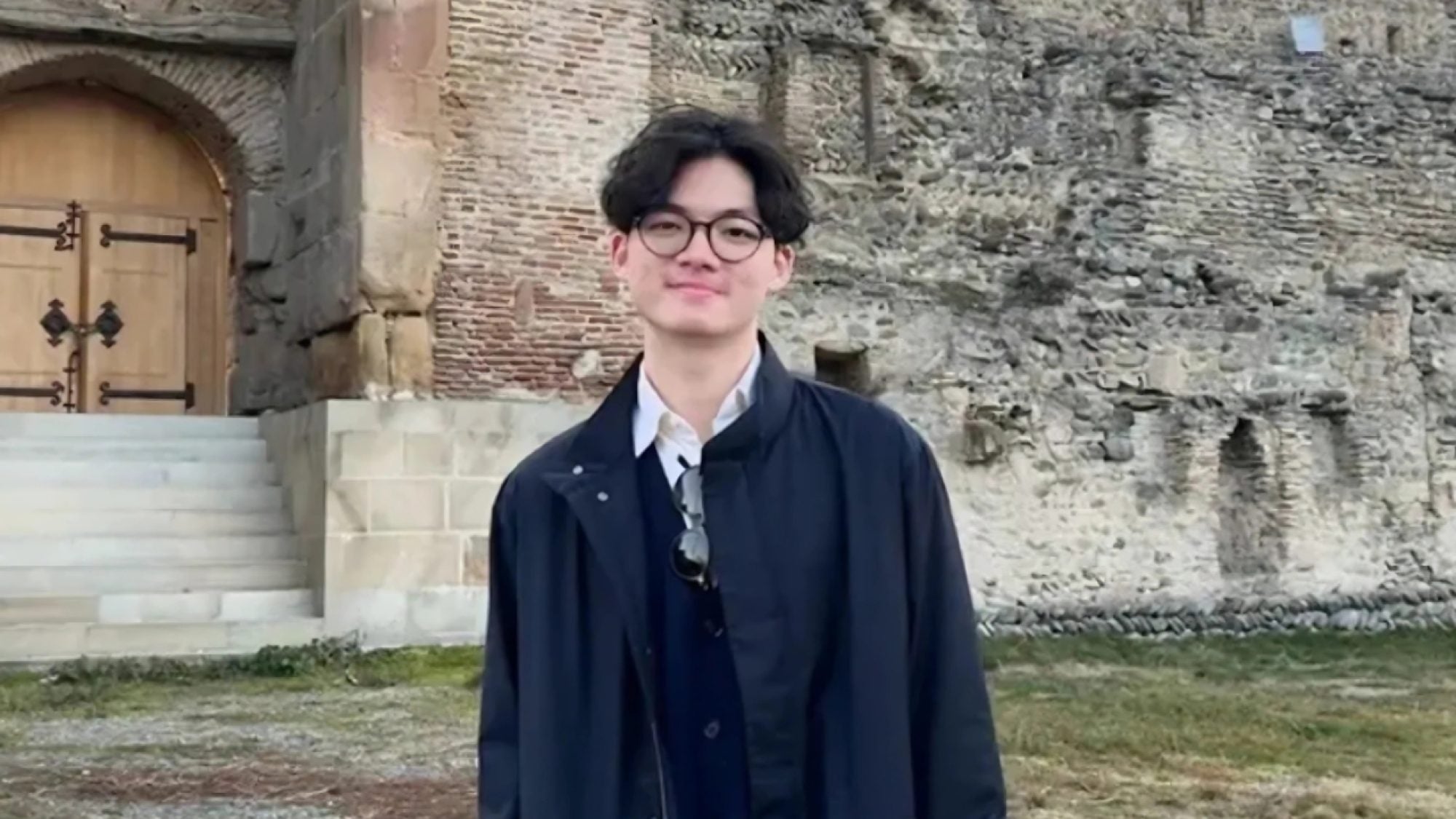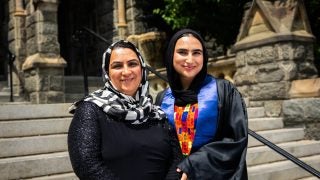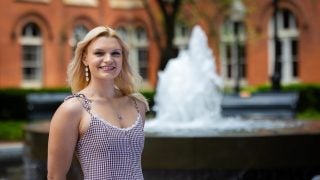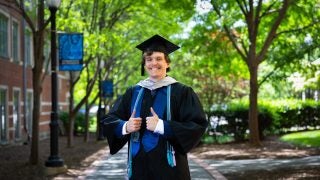Senior Brian Cody Wibowo (SFS’25) has been selected as one of the 114 scholars worldwide accepted to the Yenching Academy of Peking University, a competitive master’s program for promising young leaders in Beijing, China.
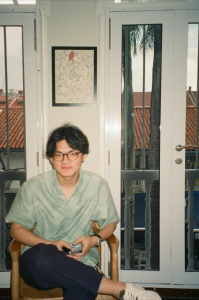
The 2025 Yenching cohort will pursue an interdisciplinary master’s degree in China studies, focusing on China’s changing role on the global stage. Wibowo is the 16th Georgetown student to be accepted to the program.
“In learning more about Brian’s interests as he developed his application, I recognized his deep commitment as a Hoya for others,” said Bill Cessato, deputy director of the Center for Research & Fellowships. “He connected the opportunities presented by Yenching Academy with his goal of growing as a leader who can effect change in ways that respect the needs and voices of individuals and communities. We congratulate Brian on his acceptance and look forward to what comes next.”
Learn more about Wibowo and how he built an academic and advocacy career at Georgetown University in Qatar (GU-Q) that spanned global policy dialogue, research and social justice.
Global Engagement and Education Policy
At GU-Q, Wibowo studied international economics, where he dove into opportunities to focus on the relationship between global economics and development policies, particularly in Southeast Asia.
The area of focus hit close to home. Wibowo grew up in Sumatra, Indonesia, where he witnessed poverty and educational inequities in his community. He was determined to address those inequalities through his academic and professional career.
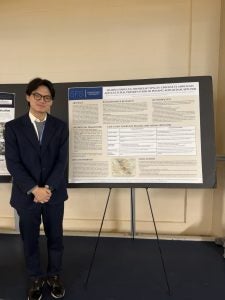
In 2024, he was awarded the Kalorama Fellowship, which funds independent research. Wibowo conducted comparative fieldwork on Chinese clanhouses in Penang, Malaysia, and Medan, Indonesia. He analyzed how Dutch and British policies influenced the communities’ identities and authority under colonial rule. He presented this research at the 2025 Yale Undergraduate Research Conference, where he was awarded second place in humanities research.
He also facilitated conversations on post-development, degrowth and the future of political economy as part of the Georgetown Global Dialogues.
As a member of GU-Q’s Honor Council, Wibowo co-authored the university’s first AI academic policy, developing ethical frameworks for student use of generative technology. He also represented Georgetown as a U7+ Alliance of World Universities Fellow at the NEXT Milan Forum, where he co-developed policy recommendations on legacy admissions and international student equity.
“While the challenges we face are undoubtedly complex and deeply rooted, there is an emboldening realization that progress is possible when each of us recognizes our integral role in shaping a more just, equitable and sustainable future for all,” Wibowo wrote in a reflection.
A Focus on Social Justice
Wibowo’s passion for addressing inequality also extended outside the university.
He co-founded a grassroots initiative in Sumatra to support impoverished communities. The initiative launched mobile health outreach to over 30 underserved villages, built food banks during the pandemic and established scholarship pipelines for children with disabilities.
He later led national research and reform efforts as a fellow of the Royal Society of Arts, Manufactures and Commerce, focused on disability policy and educational equity. He participated in the Doha Debates Global Ambassador Program, where he co-developed policy ideas on education reform and climate justice.
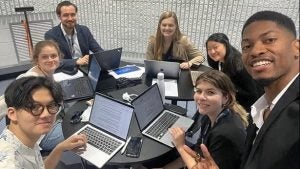
Wibowo also joined the World Economic Forum Global Shapers Community, where he supported migrant labor advocacy for unprotected workers in Qatar.
Next Steps in China
Wibowo chose Yenching to combine his interests in international economics, development and policy in the context of China’s growth trajectory.
At Peking University, he plans to build on his past work by examining how migration and colonialism have shaped the development of Southeast Asian countries. He will also study how Chinese diaspora communities in the region have not only preserved their cultural heritage but also contribute to China’s geopolitical influence.
He is eager to participate in the program’s field studies to better understand Chinese strategies to combat poverty — strategies he plans to analyze to see what policies could work in his home country of Indonesia.
“China isn’t just shaping Southeast Asia’s future. It’s already embedded in the infrastructures, narratives and moral economies that define the region,” Wibowo said. “Studying that from within — not through headlines but through lived experience — is a necessary step for anyone committed to understanding where we go next.”
Wibowo credits Georgetown for preparing him for the next step of his career.
“Georgetown didn’t give me answers — it gave me the freedom to ask harder questions, the mentorship to sharpen them and the space to pursue ideas beyond the classroom,” he said. “Even as I take this next step abroad, I know the way I think, the way I work and the values I carry were all forged here.”
